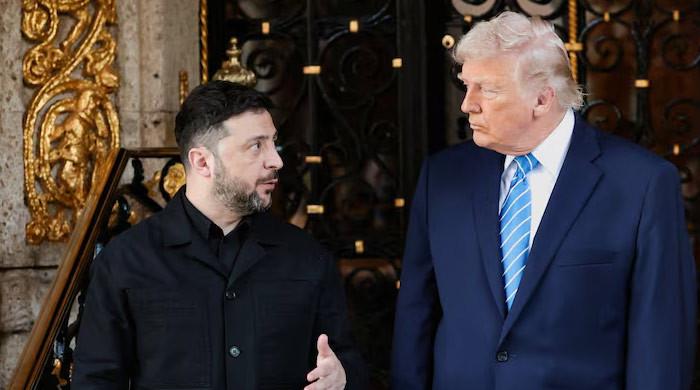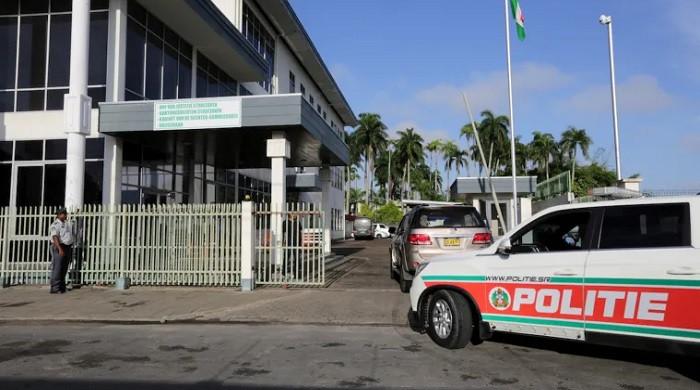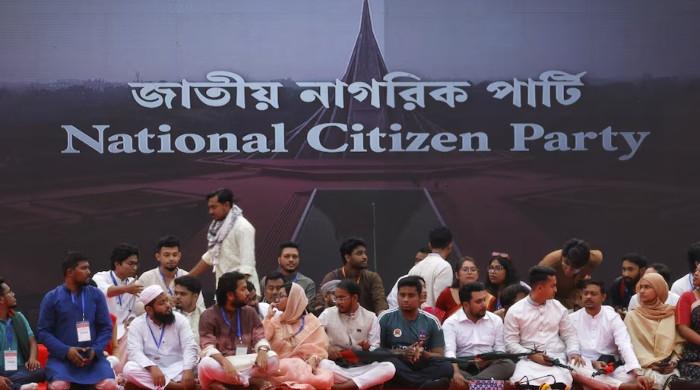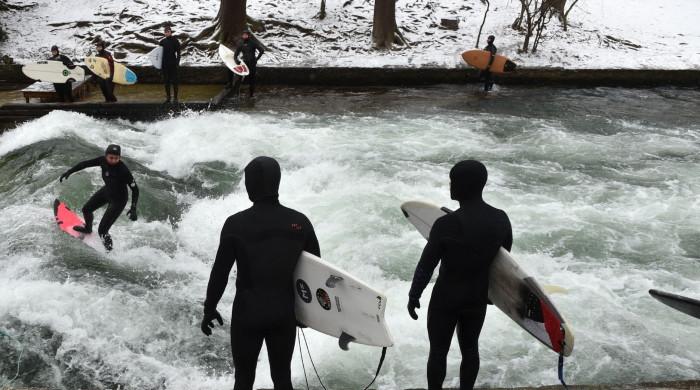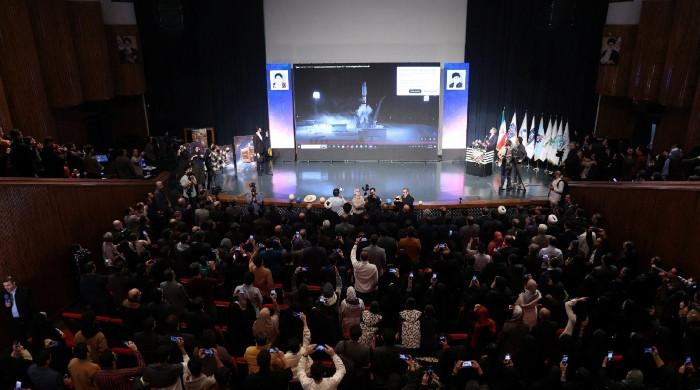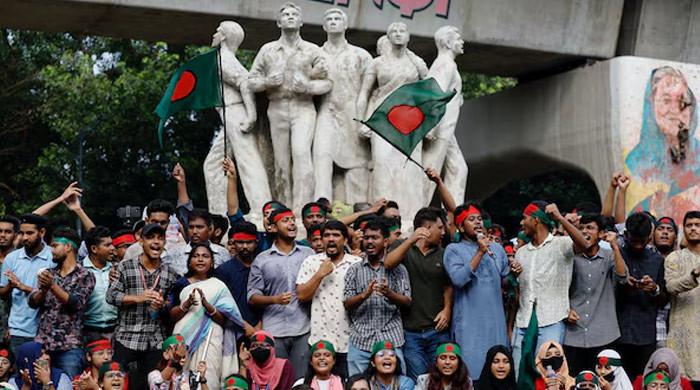Will US be able to 'extract' its soldier Travis King from North Korea?
The reason behind Travis King's actions remains unknown; US states he was facing military disciplinary action
July 21, 2023
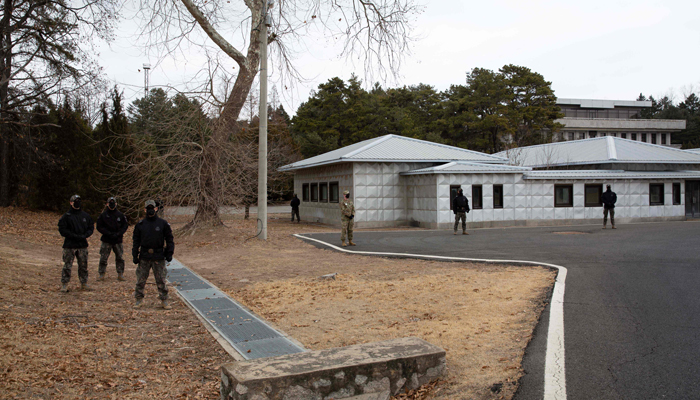
Since the US soldier Travis King's dramatic escape from the custody of South Korean lawmen to the world’s most secretive communist country, North Korea, this week, concerns over his well-being have kept the US authorities on edge.
And rightfully so because South Korea's Covid-19 restrictions and foreign travel bans have made the country even more diplomatically sequestered.
When the coronavirus entered North Korea, the authorities banned all trade with foreign countries and travel, while taking swift action against those who tried to cross the borders, according to a Reuters report.
As the effects of the pandemic assuaged, travel and trade resumed with ease in pandemic-related restrictions however, analysts are suggesting that Pyongyang is still keenly nervous about border crossings.
The US soldier King ran towards North Korea Tuesday while on a civilian tour of the Demilitarized Zone (DMZ) between the two Koreas, and the whereabouts and the condition of the person are not yet known.
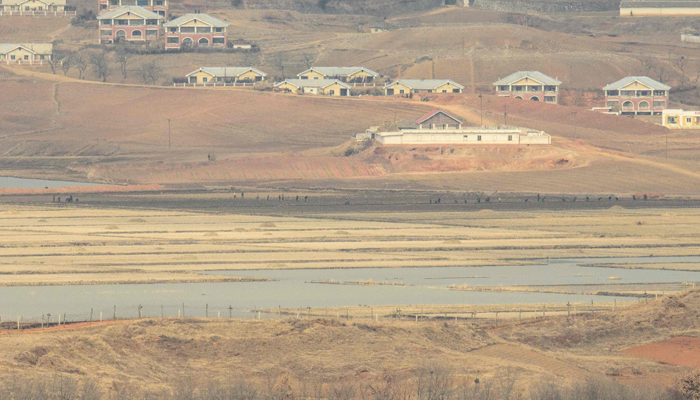
"North Koreans don’t want to interact with the outside world," said Andrei Lankov, director of the Seoul-based Korea Risk Group, noting the "only known case of foreigners being allowed into the country in the last three years was a new Chinese ambassador and other diplomats in March, after lengthy negotiations."
What made King do this remains unknown but officials in the US stated that he was facing military disciplinary action and appeared to have intentionally crossed the border.
"Now, even if he wants to return to the United States, it could take years," Lankov said.
"I would expect this soldier could stay in North Korea at least until the end of the Covid restriction period which might be another two or three or four years," he said.
Colonel Isaac Taylor, a spokesman for the US-led United Nations Command that oversees the DMZ on the South Korean side, said the "command had been in contact with the North via established hotlines."
"We have been communicating with them and we know that they have received our messages," he said but declined to elaborate on any response.
Officials in Washington said Kim Jong Un's Korea has yet to give any response through a number of channels, including at the United Nations.
Covid restrictions aren't stopping the North from picking up the phone, but it has created new uncertainty over how they may view his crossing, or how they may decide to communicate.
In 2020, North Korean border officials killed and burned the body of a South Korean fisheries official near their disputed maritime border. Later that year, leader Kim ordered an entire city into lockdown when a North Korean crossed back into the country from the South.
Sweden, which helps in detainee cases because the US has no diplomatic relations with the country, called back all its diplomats from Pyongyang in 2020, which have not yet returned.
The Joint Security Area (JSA), a typical venue for working-level negotiations where King made his border dash, gathered dust and weeds for most of the pandemic. North Korean guards at the site still shelter inside buildings, apparently to avoid the risk of catching Covid.
"Over the years, the JSA has seen diminished importance in negotiations over detainees, in favour of venues such as the United Nations, where North Korea has a delegation," said Steve Tharp, a retired US Army officer who spent years working at along DMZ.
“But North Korea often seeks meetings with high-level US officials before any releases, and that could be complicated by their worries over Covid,” he added.
Tharp said when he worked on the case of US military pilot Bobby Hall who was captured by the North Koreans after they shot down his helicopter when it inadvertently strayed over the border in 1994, Pyongyang demanded to speak only to general-level military officers.
"Other past cases saw North Korea seek former US presidents, state governors, or other top-level envoys to visit the country to seek detainees’ release, but such trips seem unlikely for the foreseeable future as the country maintains near total lockdown on outside arrivals," Lankov said.




